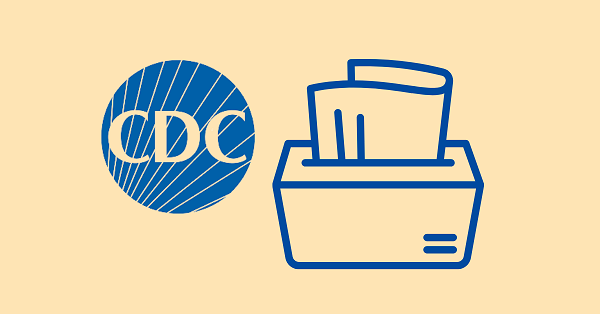Flu is a serious contagious disease that can lead to hospitalization and even death.
CDC urges you to take the following actions to protect yourself and others from influenza (the flu):

Take time to get a flu vaccine.
- CDC recommends a yearly flu vaccine as the first and most important step in protecting against flu viruses.
- While there are many different flu viruses, a flu vaccine protects against the viruses that research suggests will be most common. (See Vaccine Virus Selection for this season’s vaccine composition.)
- Flu vaccination can reduce flu illnesses, doctors’ visits, and missed work and school due to flu, as well as prevent flu-related hospitalizations.
- Everyone 6 months of age and older should get a flu vaccine every year before flu activity begins in their community. CDC recommends getting vaccinated by the end of October, if possible. Learn more about vaccine timing.
- Vaccination of high risk persons is especially important to decrease their risk of severe flu illness.
- People at high risk of serious flu complications include young children, pregnant women, people with certain chronic health conditions like asthma, diabetes or heart and lung disease and people 65 years and older.
- Vaccination also is important for health care workers, and other people who live with or care for high risk people to keep from spreading flu to them.
- Children younger than 6 months are at high risk of serious flu illness, but are too young to be vaccinated. People who care for infants should be vaccinated instead.

Take everyday preventive actions to stop the spread of germs.
- Try to avoid close contact with sick people.
- While sick, limit contact with others as much as possible to keep from infecting them.
- If you are sick with flu symptoms, CDC recommends that you stay home for at least 24 hours after your fever is gone except to get medical care or for other necessities. (Your fever should be gone for 24 hours without the use of a fever-reducing medicine.)
- Cover your nose and mouth with a tissue when you cough or sneeze. Throw the tissue in the trash after you use it.
- Wash your hands often with soap and water. If soap and water are not available, use an alcohol-based hand rub.
- Avoid touching your eyes, nose and mouth. Germs spread this way.
- Clean and disinfect surfaces and objects that may be contaminated with germs like the flu.
- See Everyday Preventive Actions[257 KB, 2 Pages] and Nonpharmaceutical Interventions (NPIs) for more information about actions – apart from getting vaccinated and taking medicine – that people and communities can take to help slow the spread of illnesses like influenza (flu).

Take flu antiviral drugs if your doctor prescribes them.
- Try to avoid close contact with sick people.
- While sick, limit contact with others as much as possible to keep from infecting them.
- If you are sick with flu symptoms, CDC recommends that you stay home for at least 24 hours after your fever is gone except to get medical care or for other necessities. (Your fever should be gone for 24 hours without the use of a fever-reducing medicine.)
- Cover your nose and mouth with a tissue when you cough or sneeze. Throw the tissue in the trash after you use it.
- Wash your hands often with soap and water. If soap and water are not available, use an alcohol-based hand rub.
- Avoid touching your eyes, nose and mouth. Germs spread this way.
- Clean and disinfect surfaces and objects that may be contaminated with germs like the flu.
- See Everyday Preventive Actions[257 KB, 2 Pages] and Nonpharmaceutical Interventions (NPIs) for more information about actions – apart from getting vaccinated and taking medicine – that people and communities can take to help slow the spread of illnesses like influenza (flu).
Visit CDC’s website to find out what to do if you get sick with the flu.




